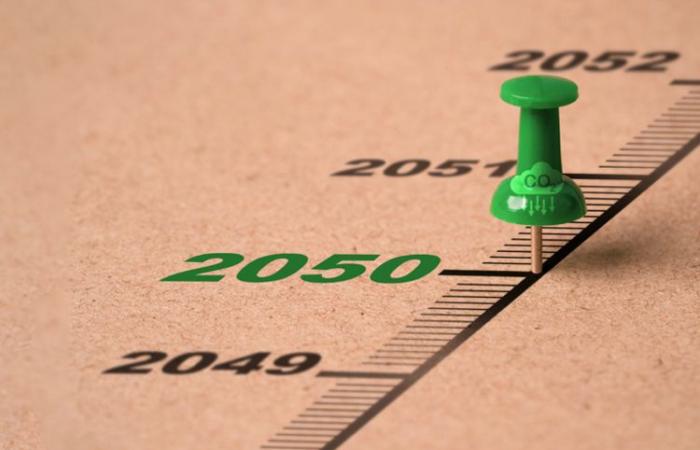As part of the 50th anniversary of its establishment in Brussels, UCLouvain commissioned a survey to better understand the perception that Brussels residents have of their health and the evolution of care between now and 2050. This survey, detailed in The evening Thursday, and which will be discussed during a conference, highlights a population generally concerned about its health, but also concerned about the impact of social inequalities and environmental changes. The general practitioner remains a major reference for Brussels residents, with a high satisfaction rate (78%)
Conducted among 2,000 residents, the survey reveals that 74% of Brussels residents consider themselves in good health, a figure which rises to 81% among 18-35 year olds. However, about 29% say they suffer from a chronic illness, and 33% say they have been limited in their activities for at least six months due to health problems. These chronically ill people, more engaged in health issues, nevertheless express doubts about the capacity of decision-makers to take their needs into account.
Brussels residents very satisfied with their general practitioner
Over the last three months, Brussels residents have consulted their general practitioner on average twice, with a high satisfaction rate (78%). This frequency is explained by the fact that a third of respondents (29%) suffer from chronic health problems, and 33% have been limited in their activities for at least six months for health reasons. Chronically ill people express a stronger desire to be involved in health care and policies, while having more doubts about the ability of decision-makers to take their opinions into account.
Social inequalities in access to care
Inequalities in access to care also concern respondents: 43% believe that social inequalities have a negative impact on their health, and 83% believe that not all residents have access to necessary care.
Nearly half of respondents (47%) say they are ready to increase their taxes to improve the health care system, a figure revealing the desire for change. Only 50% believe that access to care is fair, and 40% deplore that the wealthiest benefit from better care.
A growing role for the environment
The environmental dimension, for its part, is taking a growing place in concerns. Around 46% of respondents believe that the energy crisis is impacting their health, with some residents foregoing healthcare to be able to pay their energy bill, and 45% identify mobility as a key factor. The issue of green spaces is also at the center of discussions, with seven out of ten Brussels residents recognizing their importance for physical and mental health.
Hopes for technological advances
Finally, regarding the future, just under half of respondents are optimistic about the evolution of care by 2050, placing their hopes in technological advances, notably regenerative medicine and artificial intelligence. Many of them also anticipate a major impact of global warming on health, and 61% say they are ready to reduce healthcare funding to combat this phenomenon.
Among the initiatives to be implemented as a priority to improve the health of Brussels residents by 2050, writes the The evening, a third of respondents believe that green and blue spaces should be increased, 19% are in favor of eliminating cars and 18% want an increase in the use of technologies.






